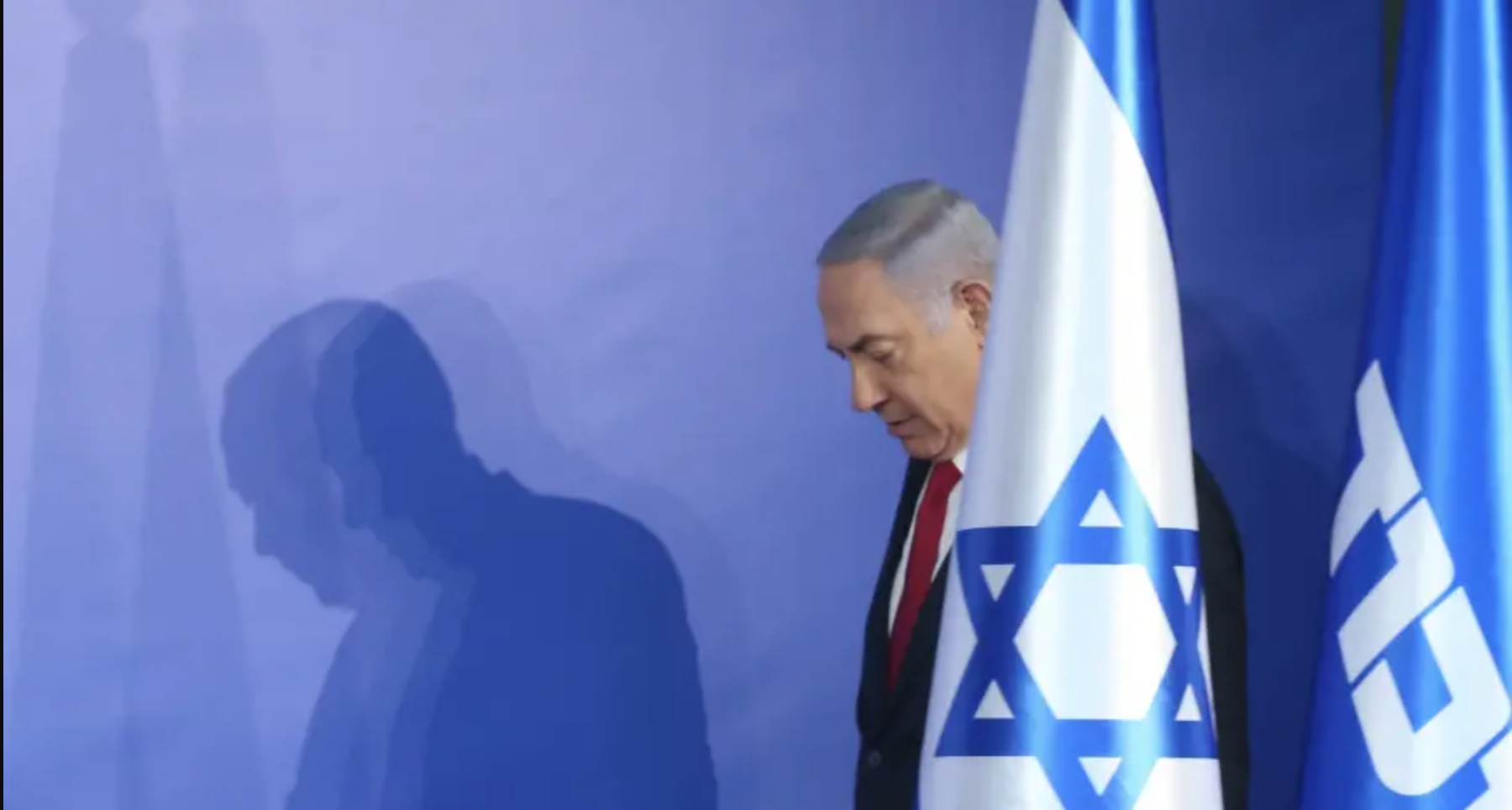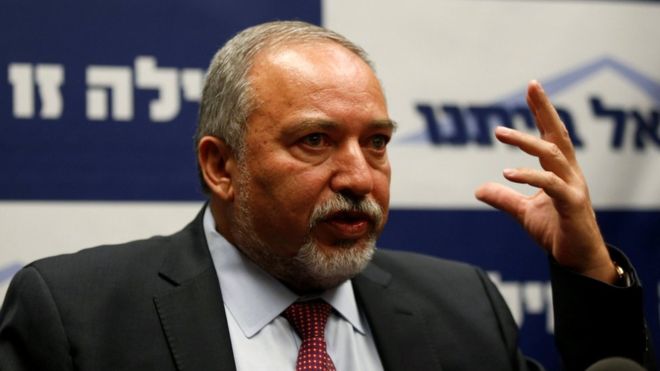- About Us
- Policy Center
- Learn
- Press Room
- Blog
- Get Involved
- Donate
- Donate to J Street Online
- Make a Gift in Someone’s Honor or Memory
- Make a Monthly Gift
- Tax-Deductible Donations
- Giving by mail

Today was going to be the last Israeli election update of 2019. It was going to contain the news that Netanyahu had formed a new government and analyze the implications of the new coalition agreement.
Instead, it turns out — incredibly — that this is the first update of a whole new election season. Subscribe to get regular updates with the latest news, polling and analysis here.
Following a dramatic race against the clock, Prime Minister Benjamin Netanyahu failed to form a coalition government before the legally mandated deadline. Instead of allowing Israel’s President Reuben Rivlin to task another leader with the job of forming a new government, Netanyahu has opted to thrust the country into a rerun of the divisive April elections. He and his allies have voted to dissolve the just-elected Knesset, and scheduled a new election for September 17, 2019.
Never before in Israel’s history have new elections been called after a failure to form a government. Unable to reconcile the divide between secular and ultra-Orthodox coalition partners — and unwilling or unable to negotiate with partners who wouldn’t back his quest to receive guaranteed immunity from indictment — the political challenge of this moment proved too much even for master political strategist Netanyahu.
While this maneuver allows Netanyahu to live another day, his failure to form a coalition will be viewed as a political humiliation and a major blow to his credibility and future. It looks like Netanyahu will be seriously weakened heading into the next election.

After an election campaign which focused on a choice between the hard-right and the center, it was the divide between the secular and ultra-Orthodox parties that ultimately brought everything tumbling down.
The impasse was rooted in the debate over the separation of synagogue and state. Yisrael Beiteinu leader Avigdor Lieberman, Netanyahu’s former ultranationalist defense minister, refused to budge on his demand for a limit to the blanket exemption from military service given to the ultra-Orthodox. “They both lost control head-butting each other — Lieberman in his strange obstinacy and Netanyahu in his unbridled counterattacks — and found themselves in the danger zone,” wrote Ravit Hecht for Haaretz.
In a mad scramble for last minute coalition partners, the Prime Minister reportedly offered a slew of ministries, pledged to perform policy backflips and even promised one MK the presidency in a bid to lure opposition members into joining a Netanyahu-led government. Once it became clear there wasn’t a clear path to government, Netanyahu directed his focus toward mustering the votes to dissolve the Knesset before his political rivals had the opportunity to form an alternative coalition.
In a vote which ran through midnight, a majority of 74 MKs voted to dissolve the Knesset and hold fresh elections slated for September 17.
Although the September elections are slated for just 161 days after the original April 9 vote, there’s every reason to believe the next round could feature some notable differences.
Depending on your perspective, the narrow April defeat has made the broader center-left either more energized than ever — or more desperate than ever. The chance at redemption may be a strong motivating factor for center-left leaders, with positive signs of unity following last weekend’s mass demonstrations against Netanyahu’s proposed immunity law — an event which brought together leaders from Blue and White, Meretz, Labor and Hadash-Ta’al.
Netanyahu’s reputation for political inviolability and Machiavellian maneuvering has clearly been dented by the failed negotiations. After such a calculated and tightly-planned election campaign earlier this year — featuring an AIPAC speech, international tours, a centerpiece Trump-Golan announcement and hundreds of cameras at Arab polling stations — Likud’s September campaign may be an even fiercer, opportunistic and more impulsive fight.
“Netanyahu is a wounded animal. The man is fighting for his life, and we shouldn’t make light of his abilities,” Yossi Verter wrote for Haaretz.
Some other key factors:
At the start of the day, we knew that new elections were a real possibility — but few expected they would actually happen. Now that they are, we’re ready once again to keep you updated throughout the coming months with the latest news, polling and analysis.